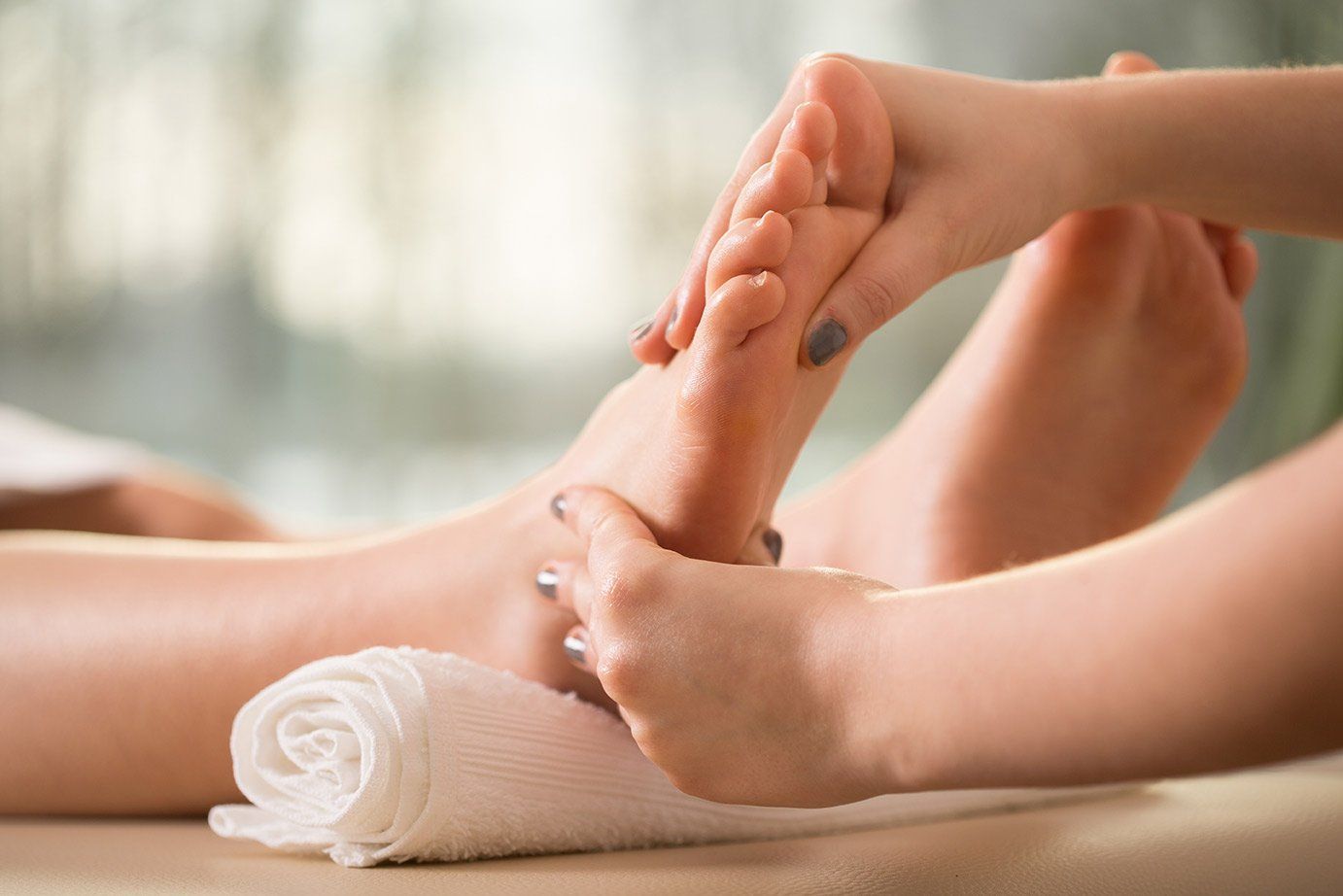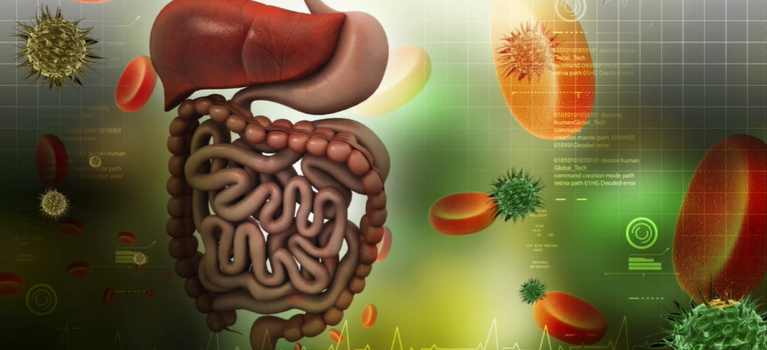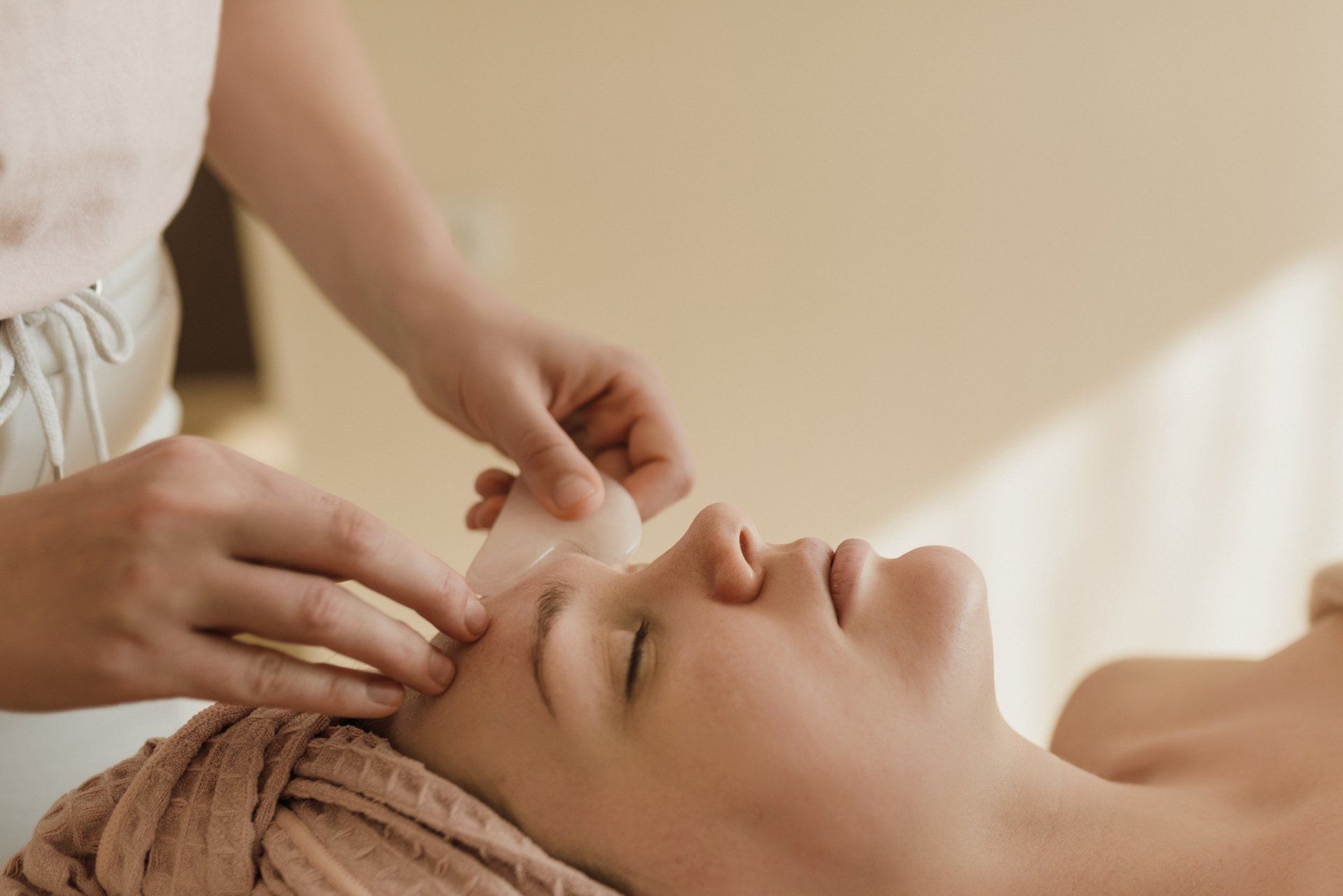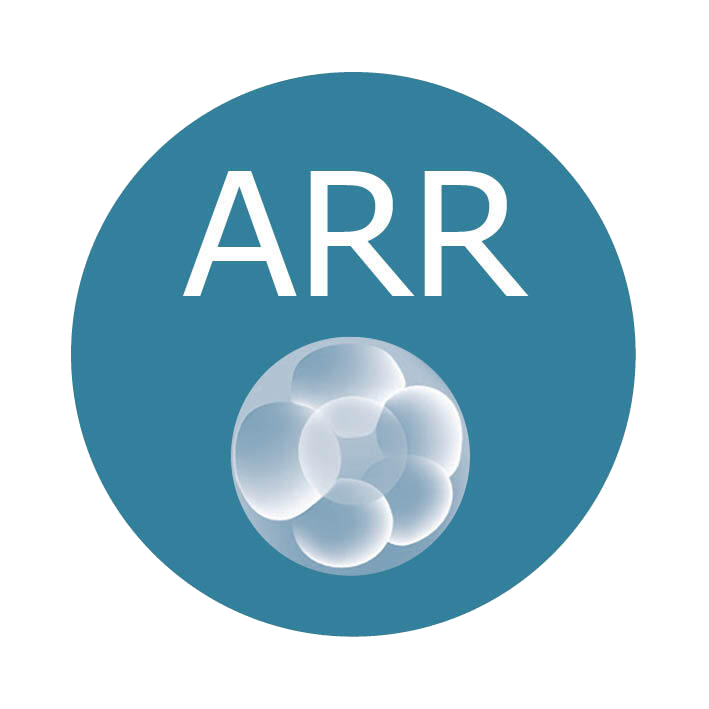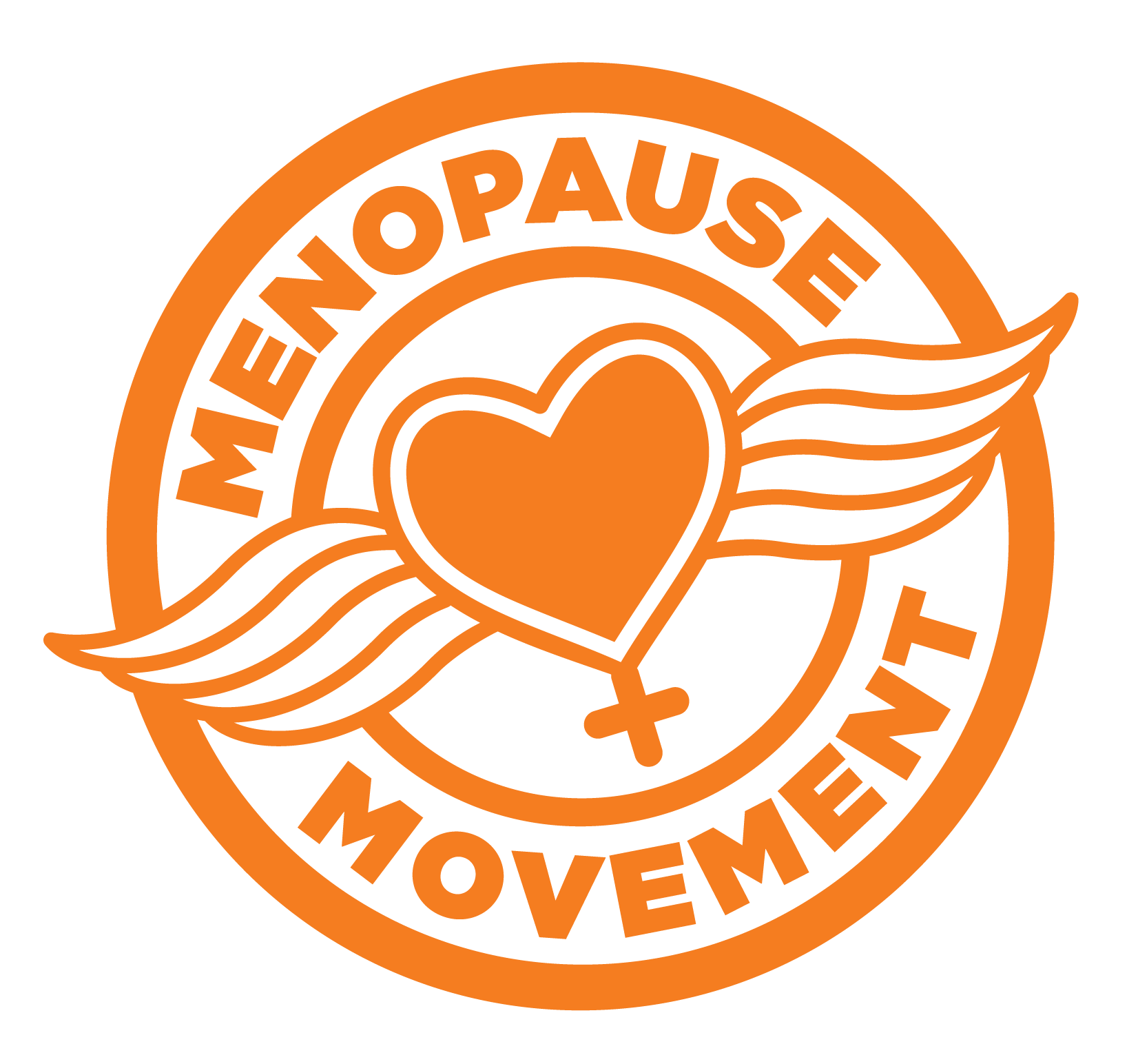Breast Cancer
October is Breast Cancer Awareness Month.
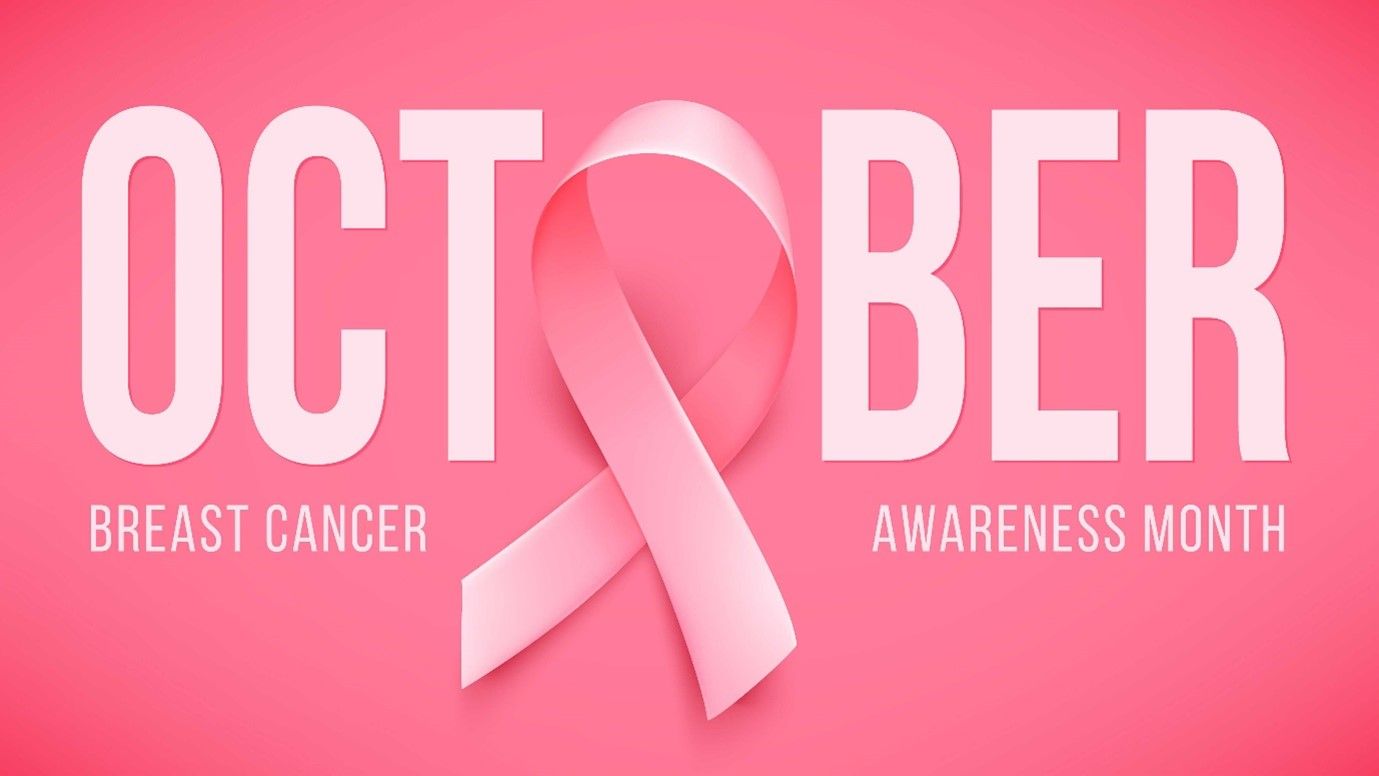
Breast cancer can affect anyone, women and men. As a society, we are not used to talking about personal issues or exploring our bodies for changes. It is important that we get to know our ‘normal’. Touch your breasts, look for changes and get in touch with your GP if you find anything different or unusual.
So, what are the symptoms of breast cancer? Well, these can include:
• A lump or swelling in the breast, upper chest or armpit
• A change to the skin, such as puckering or dimpling
• A change in the colour of the breast – the breast may look red or inflamed
• A nipple change, for example it has become pulled in (inverted)
• Rash or crusting around the nipple
• Unusual liquid (discharge) from either nipple
• Changes in size or shape of the breast
On its own, pain in your breasts is not usually a sign of breast cancer. But look out for pain in your breast or armpit that’s there all or almost all the time.
The most common symptom of breast cancer in men is a lump in the chest area.
As the causes of breast cancer are not fully understood, it's not known if it can be prevented altogether. However, there are some things we can do to reduce the risk of developing breast cancer.
Regular exercise and eating a healthy, balanced diet are recommended for all women, as they can help prevent many health conditions, including heart disease, diabetes and many forms of cancer.
Studies have looked at the link between breast cancer and diet, and although there are no definite conclusions, there are benefits for women who:
• maintain a healthy weight
• exercise regularly
• have a low intake of saturated fat
• do not drink or reduce your intake of alcohol
There are many treatments out there for breast cancer and your oncologist will talk to you about what treatment will be best for you. Common side effects of breast cancer treatment include:
• Fatigue
• Skin irritation, such as itchiness, redness, peeling or blistering, similar to what you might experience with a sunburn
• Breast swelling
• Pain and lymphedema (surgery)
• Hot flashes, joint pain, and bone thinning (hormonal therapy)
• Hair loss, diarrhoea, neuropathy, fatigue, and mouth sores (chemotherapy)
• Itching, soreness, and peeling skin (radiation therapy)
How can reflexology help?
Reflexology for cancer may be able to help with a range of ailments, including the reduction of stress, tension and anxiety, stimulation of the lymphatic system, increasing circulation, increased energy and pain management. As it’s a non-invasive form of therapy, it’s an alternative to traditional massage for those who prefer to avoid full-body touch. And as there is no undressing or repositioning required, it can be ideal for those who are very sick, who can’t be moved during treatment or touched in certain places. It could also help to reduce nausea caused by chemotherapy or radiotherapy.
Overall, reflexology is thought to be very helpful for anybody on a journey through cancer. It can help to improve a person’s quality of life, whilst creating and sustaining an overall sense of wellbeing, which is pivotal for anybody on a healing journey.
If you would like to know more about how reflexology could help you on your journey through cancer, please do not hesitate to get in touch with Helen or Deb at info@reflexologylincolnshire.co.uk




